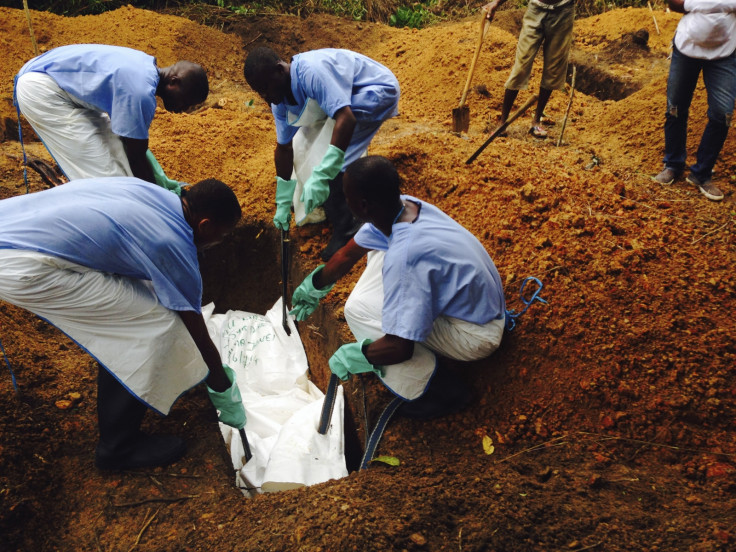How Ebola Disables 'Emergency Access Lane' in Immune Response Discovered

How the deadly Ebola virus manages to disable the body's immune response has been discovered by scientists, providing hope for the development of new treatments.
The Ebola outbreak in West Africa has now killed over 1,000 people. The World Health Organisation (WHO) has declared the pandemic an international public health emergency.
WHO says the virus kills up to 90% of people infected by it, yet there is no cure. Pharmaceutical companies are working to develop treatments, but as of yet none have come to fruition.
At present ZMapp, an experimental drug not tested on humans for safety, is being shipped to Liberia to offer some form of defence against the outbreak.
However, scientists are now a step closer to developing drugs to fight Ebola. Experts at the Washington University School of Medicine, working with collaborators from the Icahn School of Medicine at Mount Sinai and UT Southwestern Medical Centre at Dallas, have discovered how the virus disarms the body's immune responses.
Published in the journal Cell Host & Microbe, researchers looked at how the Ebola protein VP24 disarms a cell's natural immune response, allowing it to develop into the deadly disease.
Researcher Gaya Amarasinghe said: "We've known for a long time that infection with Ebola obstructs an important immune compound called interferon. Now we know how Ebola does this, and that can guide the development of new treatments."
VP24 prevents STAT1 – which carries interferon's antiviral message – from entering the nucleus and triggering an immune response: "Rather than block all nuclear transfer, however, VP24 focuses on blocking STAT1's 'emergency access lane'," the authors said in a statement.
Scientist Daisy Leung said: "Normally interferon causes STAT1 to enter the cell nucleus, where it activates the genes for hundreds of proteins involved in antiviral responses. But when VP24 is attached to STAT1, it can't get into the nucleus."
Chris Basler, from the Icahn School, added: "One of the key reasons that Ebola virus is so deadly is because it disrupts the body's immune response to the infection. Figuring out how VP24 promotes this disruption will suggest new ways to defeat the virus."
© Copyright IBTimes 2025. All rights reserved.






















